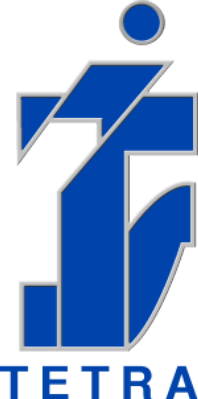Nowadays more organizations are using open-source software like Linux in mission-critical environments. However, moving from commercial products to community-owned open-source technologies may be daunting.
Benefits of Open-Source Migration
· Reliability: Reliability may be a loose term. Broadly, we will take it to mean the absence of defects that cause incorrect operation, data loss, or sudden failures, perhaps what many of us would mean once they use the term `bug'.
· Stability: Many open-source projects have realized the necessity for maturity and stability. As a business with mission-critical software, you now have the selection of well-identified stable releases vs. cutting edge development releases. So, when it involves stable software, you can’t ignore Open Source.
· Auditability: A rarely-understood advantage of open-source software is its suitability. Closed-source software forces its users to trust the seller when claims are made for qualities like security, freedom from backdoors, adherence to standards, and adaptability within the face of future changes. If the source code isn't available those claims remain simply claims.
· Cost: Most current open-source projects also are available free of royalties and costs, confusing the commonly used term `free software'. Unfortunately, the English language doesn't have separate concepts for free-of-charge and free as in unconstrained. Proponents of free software licenses tend to emphasize liberty over cost although in practice the most open-source projects are free in both senses of the word.
· Flexibility and Freedom: in a business context, software flexibility is about having the ability to settle on solutions suitable for the requirements of the users. Many commercial software products will claim flexibility as a built-in feature and a few will undoubtedly be correct. Our view is that that flexibility should mean business flexibility so that as requirements within the business change, solutions shouldn't be unreasonably constrained by software.
Softwares in which we help to Migrate
· Windows Desktop to Linux Desktop: Linux is completely an open-source project. You can have a look at the source code of a Linux OS, which is the most important feature of using GNU/Linux.
· Microsoft AD to Samba: Samba is a free software suite that enables the interoperability of Linux and Unix-based systems with services and protocols used and developed by Microsoft
· Microsoft Exchange to Zimbra: Zimbra Collaboration is light to manage. It works on the Linux operating system, which is far better to manage than Microsoft Windows.
· Salesforce to VTiger: Vtiger is a great product that's very easy to customize. You also get Marketing Automation Integration with VTiger.
· VMWare to OVirt: OVirt provides centralized management of VMs, networking configurations, hosts, and compute and storage resources from a web-based front end. OVirt also offers features for disaster recovery (DR) and hyper-converged infrastructure deployments.
· And many more….
How we can help you
· Create a Strategic Roadmap: Establish a transparent solution design and migration strategy.
· Drive Seamless Migrations: Move your entire existing IT setup to a proven open-source alternative.
· Simplify Deployment: Manage any code and required environment modifications.
· Build Solid Solutions: Conduct extensive tests, and identify and resolve any issues associated with performance, memory management, and application integrations.
· Choose the proper Open Source: Review many open-source technology options and identify which of them are ideal to satisfy your specific requirements.
Why choose us
· We can make migration simple with a wide range of tools and services
· We identify open-source applications and tools that could fit into your target environment
· We work with you to consolidate workloads from distributed, standalone servers to virtualized, Linux-based x86 servers
· We support you with local or onsite resources as needed
· We support you with offshore resources for development, test, and ongoing support
